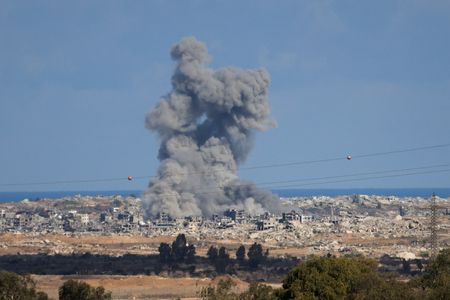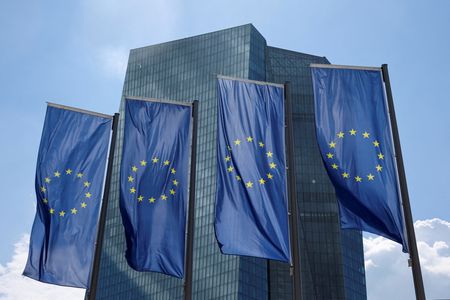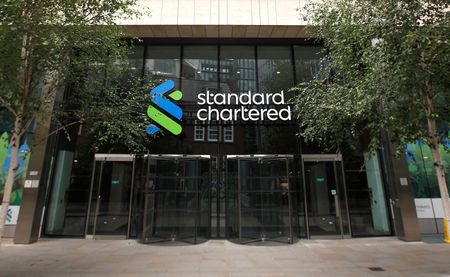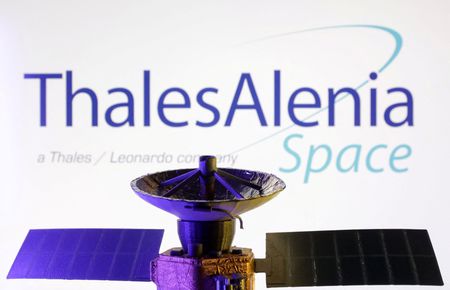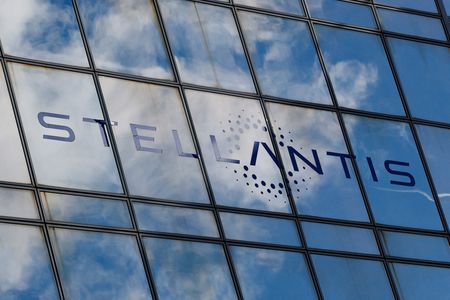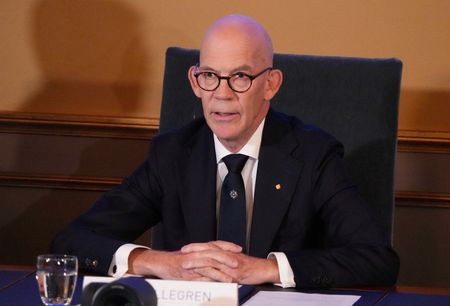By Daria Sito-Sucic
SARAJEVO (Reuters) -Croatian pipeline operator JANAF and Hungarian oil group MOL will meet on Wednesday to discuss extending their cooperation beyond the expiry of their current oil transport agreement on December 31, JANAF said on Tuesday.
Under the existing deal, JANAF transports 2.1 million metric tons of crude oil annually to MOL’s refineries in Hungary and Slovakia. The Croatian company has offered to increase delivery volumes as Hungary faces pressure to reduce its reliance on Russian oil supplied via the Druzhba pipeline.
Hungary and Slovakia are the two EU members that are keen to keep supplies coming from Russia despite EU efforts to diversify supply. The Adriatic pipeline would be the key alternative route for oil shipments.
MOL has disputed the JANAF’s capacities to supply its refineries with enough oil, an assertion JANAF has rejected.
“JANAF is fully technically and organisationally ready to meet all annual needs for crude oil of MOL’s refineries in Central Europe, and advocates the expansion of the cooperation with MOL Group and the increase of quantities of transported oil, which would contribute to enhanced security of supplies,” the company said in a statement to Reuters.
“We underline the importance of our pipeline as the only reliable channel which guarantees the continuity of deliveries,” JANAF added.
Hungarian officials have accused JANAF of imposing high transport fees, allegedly exploiting the situation stemming from the war in Ukraine. JANAF dismissed these claims, stating it charges MOL standard rates.
Asked by Reuters about the upcoming talks with JANAF, scheduled for Wednesday, a spokesperson for MOL said: “As always, MOL Group is ready for negotiations.”
Separately, JANAF faces potential risks regarding its agreement with Serbia’s Russian-owned oil company NIS, valid until December 31, 2026. The deal could be jeopardised if the U.S. Treasury’s Office of Foreign Assets Control (OFAC) imposes additional sanctions on NIS after its current deadline of October 8.
OFAC has previously sanctioned Russia’s oil sector and NIS, though enforcement has been postponed multiple times.
JANAF has said that its transportation licence to supply NIS was valid until October 8 and that it would ask extension of the licence
(Additional reporting by Krisztina Than in Budapest; Editing by Louise Heavens)




